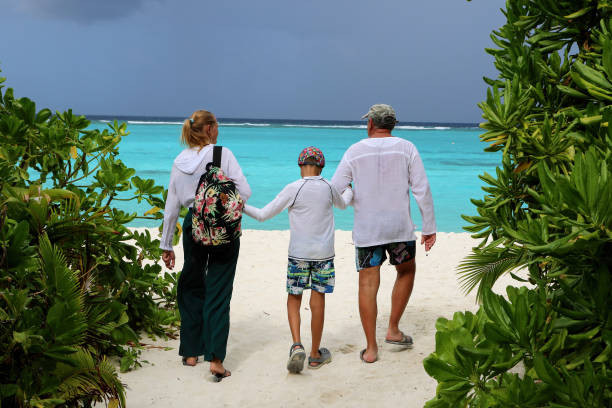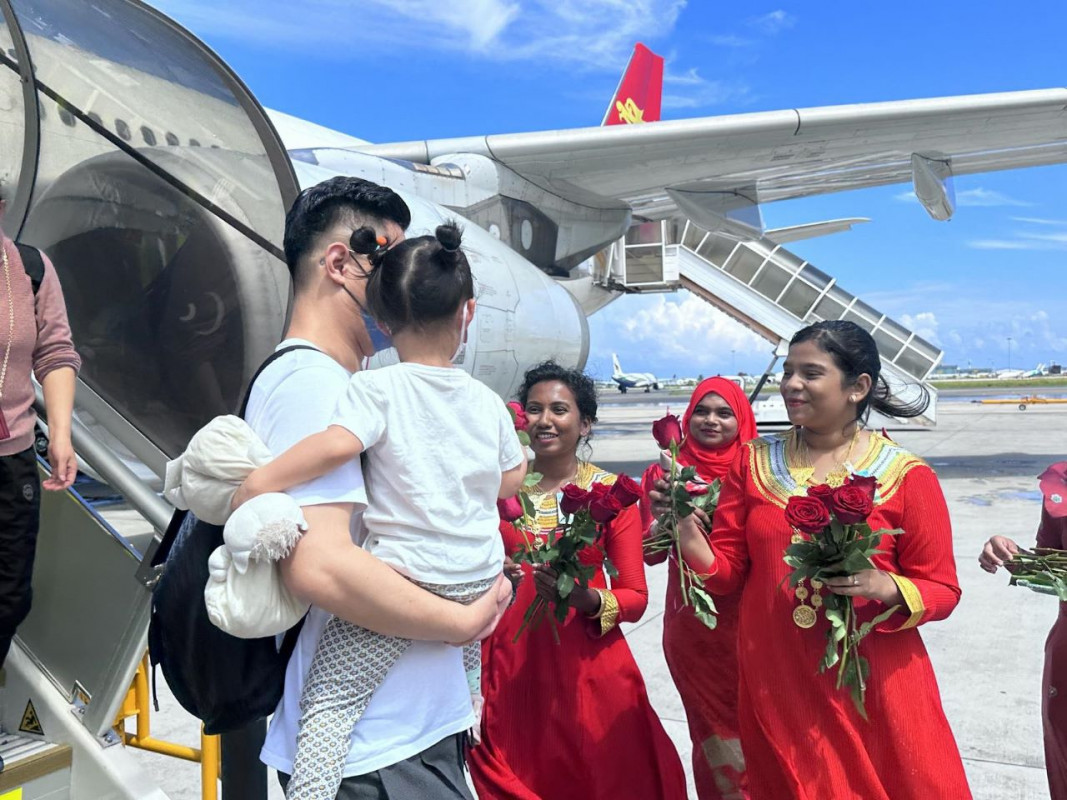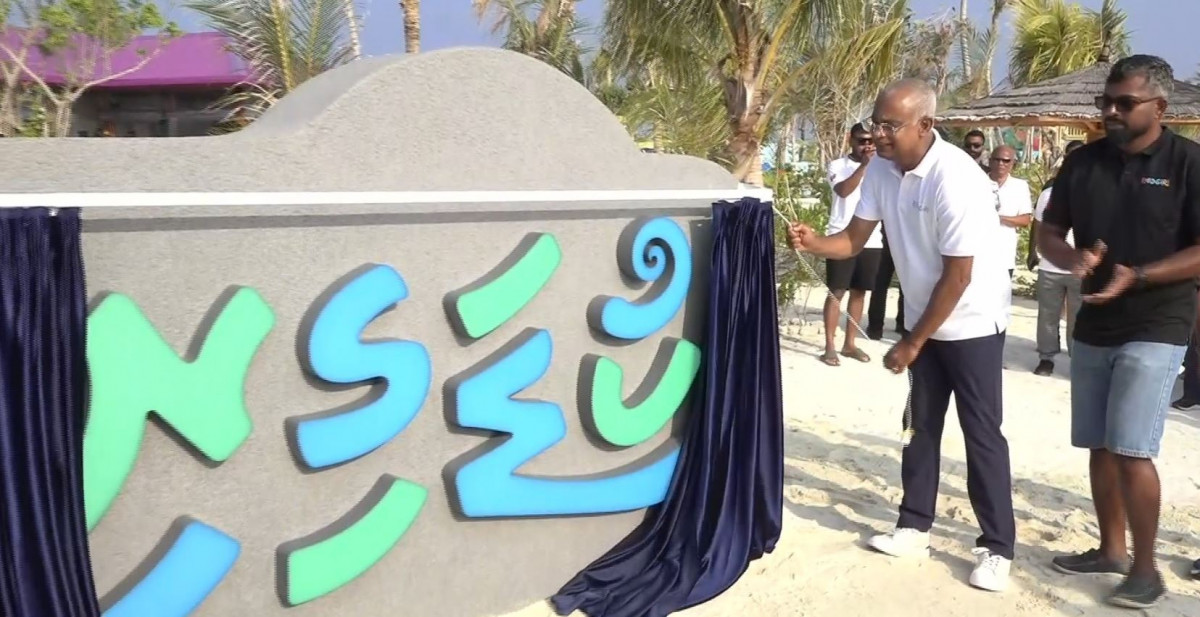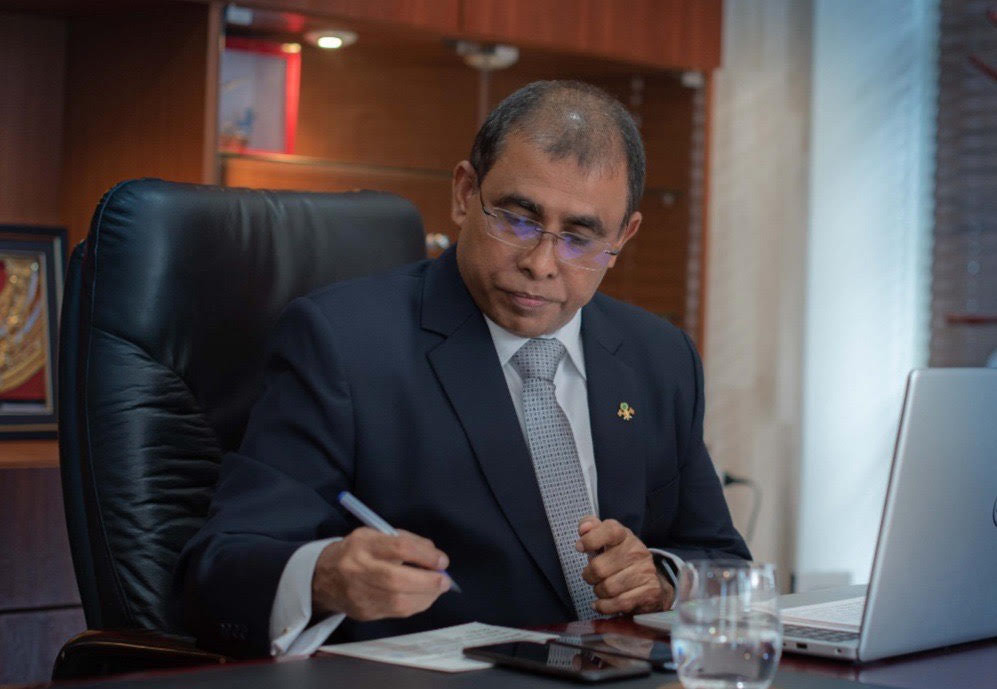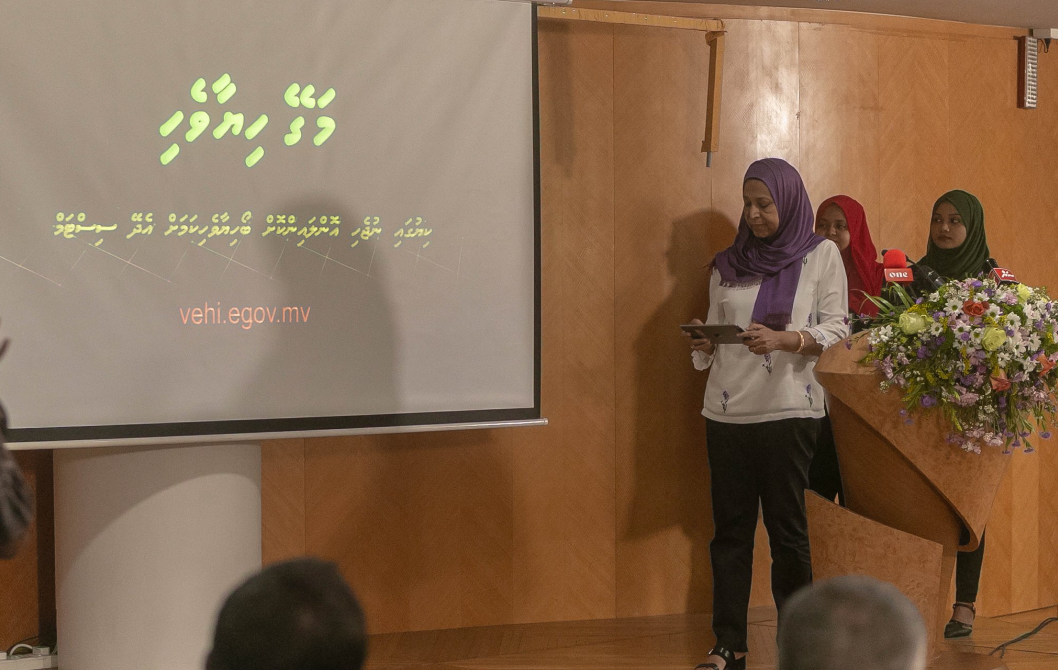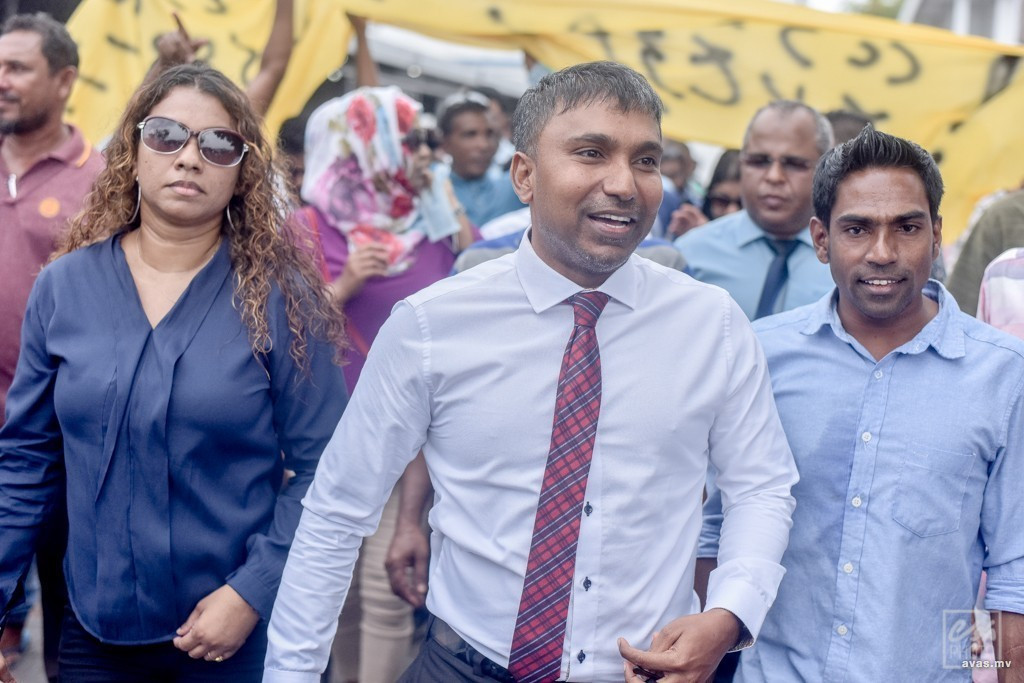Over 310,000 persons receive both doses of Covid-19 vaccine
Maldives launched the national vaccination drive on February 1


Maldives launched the national vaccination drive on February 1
More than 310,000 persons have received the second doses of vaccine under the government's "Covid-19 Dhifaau" inoculation drive by Wednesday’s end.
According to the latest figures publicized by the Health Protection Agency (HPA), 2,890 doses were administered in total, on Wednesday.
Wednesday’s doses included 2,499 second and 391 first doses, administered to 1,243 Greater Malé residents and 1,647 atoll residents.
Of these, first doses were given to 146 persons residing in the capital and 245 across atolls, whereas the second doses were administered to 1,402 atoll residents and 1,097 residents of the Greater Malé Region.
With the latest figures, a total of 310,592 persons have completed both doses of vaccination against coronavirus, with 387,195 persons having received a first dose.
The number of persons awaiting second doses of the vaccine currently sits at 76,603.
There are currently three mobile teams across six vaccination centers in the capital region, as well as 176 vaccination centers spanning outlying atolls.
The incumbent administration of President Ibrahim Mohamed Solih launched the “Covid-19 Dhifaau” inoculation drive on February 1.
More residents across the Maldives had begun attending vaccination centers for their first jabs as authorities set a deadline for the administration of first doses of AstraZeneca vaccine Maldives received, at September 1, as the supply will expire in November.
HPA announced restrictions for unvaccinated persons from September 1 earlier, however, on Wednesday it was revealed that the implementation of the restrictions will be delayed, as the government is currently working on launching an adequate application through which unvaccinated persons may be tracked and monitored.
Although the government earlier targeted to vaccinate 95 percent of those eligible through the free vaccination drive, by the beginning of September, authorities have revealed that they are not far from reaching the goal, with 85 percent of the eligible population aged 18 and above having received first doses and 84 percent of the eligible population above 12 years having received doses as well.
Restrictions that unvaccinated persons will be facing include a ban on domestic travel and disallowing tourists to check in to guesthouses if they are unvaccinated. Further, civil servants who have not been vaccinated yet will also be required to present negative PCR test results every 14 days.
Authorities only recently launched a vaccination drive for children aged 12 to 17. This campaign is being conducted together with the education ministry, with awareness programmes held for parents as their consent is required for children's vaccination.
